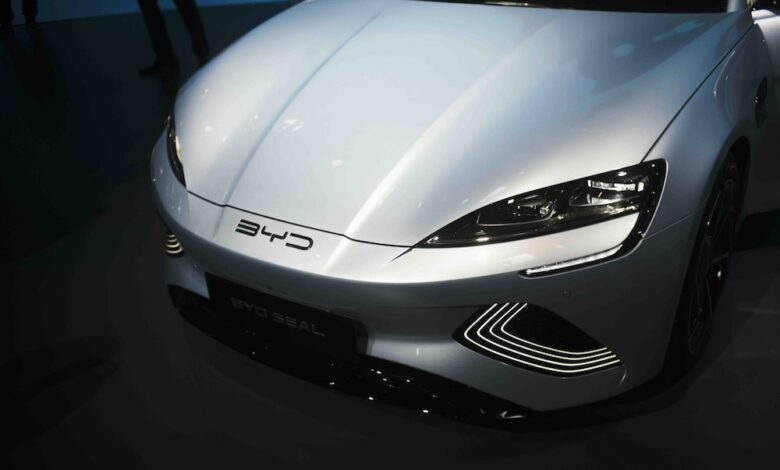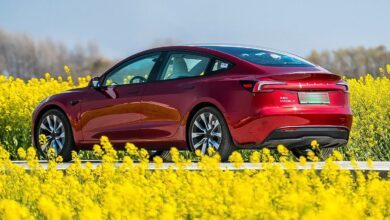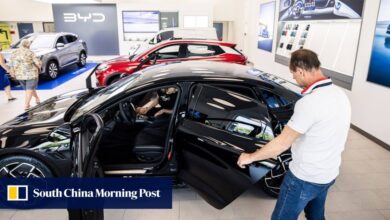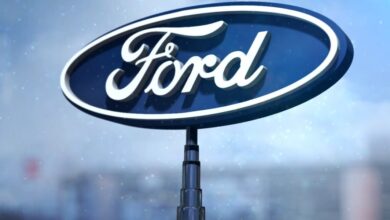“Not good:” Elon Musk slams US EV tariff as three quarters of young Americans say they’d consider buying a Chinese vehicle

New polling from AutoPacific has revealed 76 per cent of Americans under the age of 40 would consider buying a Chinese brand vehicle despite also registering high levels of privacy concern.
The polling shows a stark contrast across the generations with just 44% of 50-59 year olds sharing the sentiment. At the other end of the age spectrum just 26% of over 60 year olds say they’d consider buying a Chinese vehicle.
The positive endorsement for Chinese vehicles coming from young people comes just days after Joe Biden announced a 100% tariff on Chinese made electric vehicles, a move widely believed to have been made to appease US legacy automotive brands which are facing a tidal wave of affordable Chinese models hitting global markets.
The current tariff of 27.5%, which will increase to 100% on August 1, was originally introduced by then President Trump in 2018.
In February Chinese EV giant BYD announced its plans to build a factory in Mexico, a member of NAFTA (North American Free Trade Agreement), giving it access to the 15 million vehicle per annum US car market.
Following the BYD announcement former President Donald Trump warned of a “bloodbath” for the US auto industry and the country if cheap Chinese EVs had free trade access to the US car market.
“We’re going to put a 100% tariff on every single car that comes across the line, and you’re not going to be able to sell those guys if I get elected,” said Trump during a rally in Ohio in March.
“Now, if I don’t get elected, it’s going to be a bloodbath for the whole – that’s gonna be the least of it. It’s going to be a bloodbath for the country.”
However Trump won’t be able to campaign on the policy as the Biden administration has now matched it, protecting the US fossil car industry which is unable and unwilling to transition production lines to electric models.
The huge protection measures are the last line for defence for America’s fossil car makers. Last year GM announced it waspulling back on its plans to build 400,000 EVs in North America by mid-2024 and in January Ford reduced its production plans of the F150 Lightning by 50%.
Morgan Stanley analyst Adam Jonas says the move will promulgate ICE/hybrid powertrain strategies, creating “fortress-like conditions” in the US auto market.
“This will slow, but not stop, the eventual transplantation of Chinese BEV to US shores,” he noted.
Elon Musk says tariffs on Chinese EVs “distort the market”
Despite heading the only US company that will benefit greatly from the protectionist measures, Tesla CEO Elon Musk isn’t a fan.
“Neither Tesla nor I asked for these tariffs”, Elon Musk said during the Paris Viva Technology conference via video link. “”In fact, I was surprised when they were announced. Things that inhibit freedom of exchange or distort the market are not good,”
“Tesla competes quite well in the market in China with no tariffs and no deferential support. I’m in favour of no tariffs,” said Musk.
Daniel Bleakley is a clean technology researcher and advocate with a background in engineering and business. He has a strong interest in electric vehicles, renewable energy, manufacturing and public policy.



